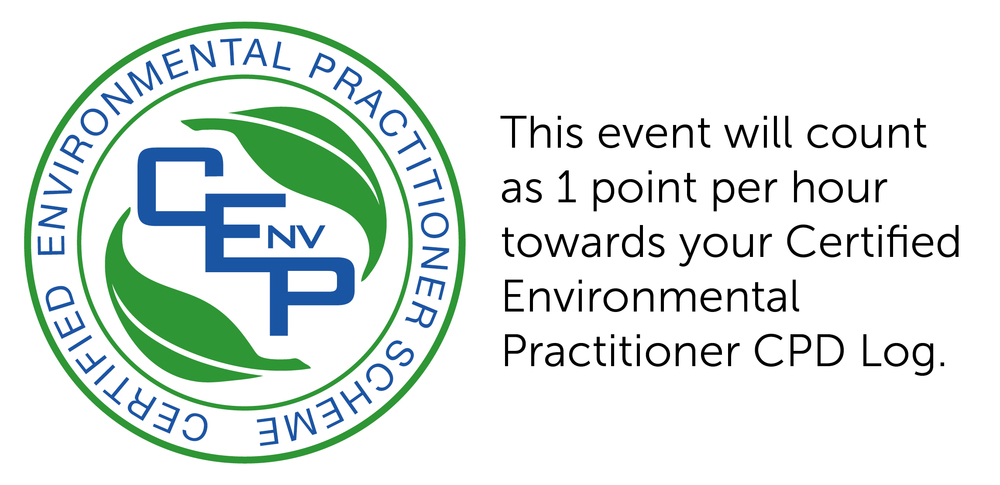-
Member Login
- Home
- About
- Institute Groups
- Membership
- Events
- News & Publications
- Institute Programs
- Resources
- Jobs Board
- Contact Us
- Site Info
NSW | EPA’s Approach to Licensing Water Treatment Plants on Infrastructure Projects
We have reached the maximum capacity for this event for in-person registration. Please register below to attend online.
What are the crucial elements for ensuring prompt Environmental Protection Licence (EPL) approvals for Water Treatment Plants (WTP) on infrastructure projects?
Hear from the NSW Environmental Protection Authority (EPA) on this topical issue at our upcoming event, brought to you by the Post-Approval Environmental Management Committee of the NSW Division of EIANZ, and hosted by The APP Group.
Providing the perspective from EPA is Kyle Browne, Senior Operations Officer. Kyle will provide an overview of EPA's guidance on Water Discharge Impact Assessments (WDIAs) and EPA’s expectations during the WTP licencing process.
Kyle will discuss the different approaches to the licensing of construction and operational WTPs, share lessons learnt, and provide advice to ensure that environmental practitioners and licence holders are able to avoid prolonged EPL application processes. This presentation shall provide consistency and transparency across the industry regarding the WDIA and WTP licensing approach.
This event will be a vital resource for post-approval practitioners and their clients. In addition to the presentation, there will be time for Q&As and sharing of insights. Plus, there will be the opportunity to connect with fellow post-approvals professionals and enjoy a drink and nibbles.
This hybrid event will take place at The APP Group’s office in Sydney and online. Don’t forget to claim CPD points for this seminar. Register now to secure your spot!
Event Host

CPD Points

Event details
When:
27 June 2024
5:30 PM
- 7:30 PM
Where: Online workshop
Cost: $45 for EIANZ members, $25 for EIANZ Student members, $80 for Non-members
Places Available: 8
Contact: Event Enquiries: nsw@eianz.org, Membership Enquiries: membership@eianz.org or 03 8593 4140
Register now and secure your attendance
Event date has passed
We acknowledge and value the rights and interests of Indigenous Peoples in the protection and management of environmental values through their involvement in decisions and processes, and the application of traditional Indigenous knowledge.

